Mozambique: Mozambique: Maputo park 'optimistic' about earning World Heritage status
Look: ANAC and partners relocate cheetahs to Marromeu – Mozambique

All photos: Courtesy of Ministério da Terra e Ambiente
The National Administration of Conservation Areas (ANAC) in partnership with Zambezi Delta Safaris (ZDS) has successfully transferred eleven cheetahs to game farm 11 in the Marromeu Complex, next to the Marromeu National Reserve, in the central Mozambican province of Sofala.
The translocation of the 11 cheetahs, 10 from South Africa and one from Malawi, offered by parks and reserves, is an important contribution to nature conservation as this species had been extinct for over 30 years in the Marromeu complex.
Funded by the Cabela Family Foundation of the United States, the translocation is the largest carried out internationally and involved five planes and professionals from Mozambique, South Africa and Malawi. Within the next 10 to 15 years, the cheetah population in the Marromeu Complex will be over 100 individuals, which could be one of the highest concentrations in Africa.
Cheetahs, scientifically known as “Acinonyx jubatus”, are at risk of extinction due to factors such as climate change, poaching and habitat destruction, and a low birth rate resulting from limited genetic variability. With fewer descendants, the population cannot grow or adapt to changes in the environment, so its protection becomes even more critical.
In 2018, the Cabela Family Foundation financed the translocation of 11 out of the 24 lions relocated to the game farm. The reintroduction will have contributed to the growth of the lion population in the reserve, which is currently estimated at 70 big cats.
The Marromeu Complex is a range of conservation areas which constitute a wetland of international importance. Covering 6,880 square kilometres, it lies on the south bank of the Zambezi Delta, formed by game farms 10, 11, 12 and 14 and by the Marromeu National Reserve.
The game farm is a conservation area for sustainable use, under the domain of the Mozambican State. Under private management, it is not only intended for hunting activities but also protecting species and ecosystems. The right to hunt is only recognised through a concession contract signed between the State, through ANAC, and the operator and through annually approved quotas.
According to a press release issued by ANAC, conservation areas in Mozambique cover just over 18 million hectares, corresponding to about 25 per cent of the national territory and are made up of seven parks, seven national reserves, an environmental protection area, around 50 game farms and about 40 official game reserves, both publicly and privately managed.


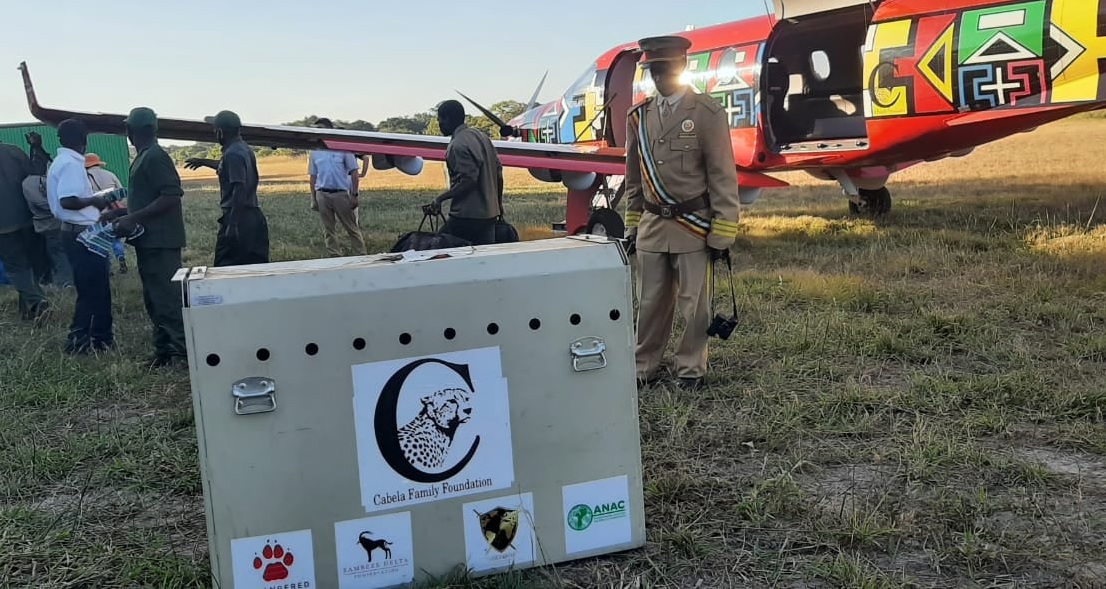
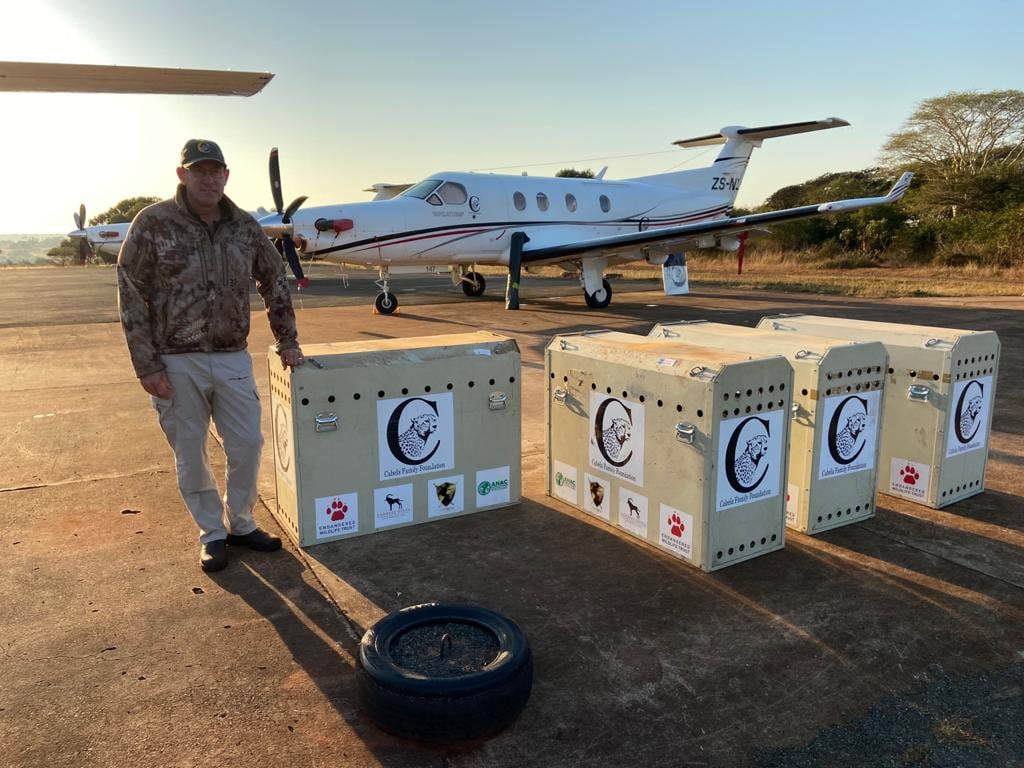
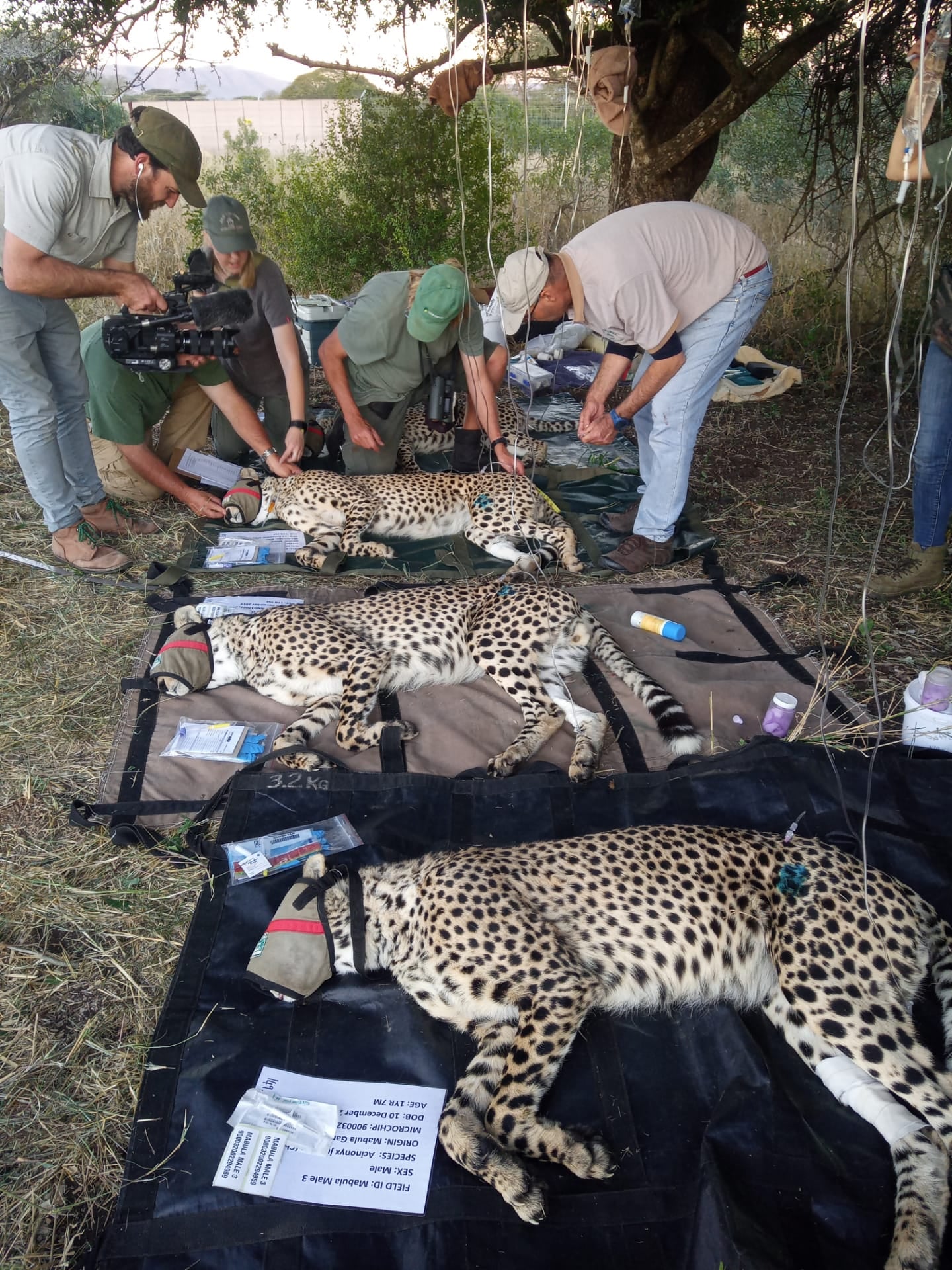
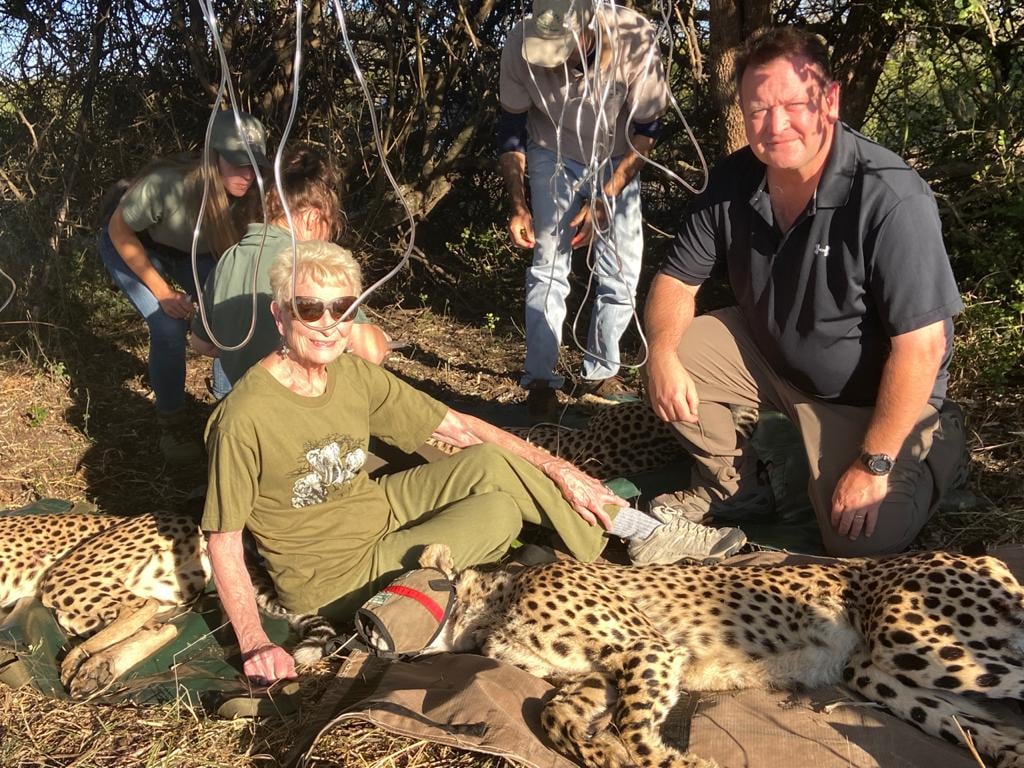
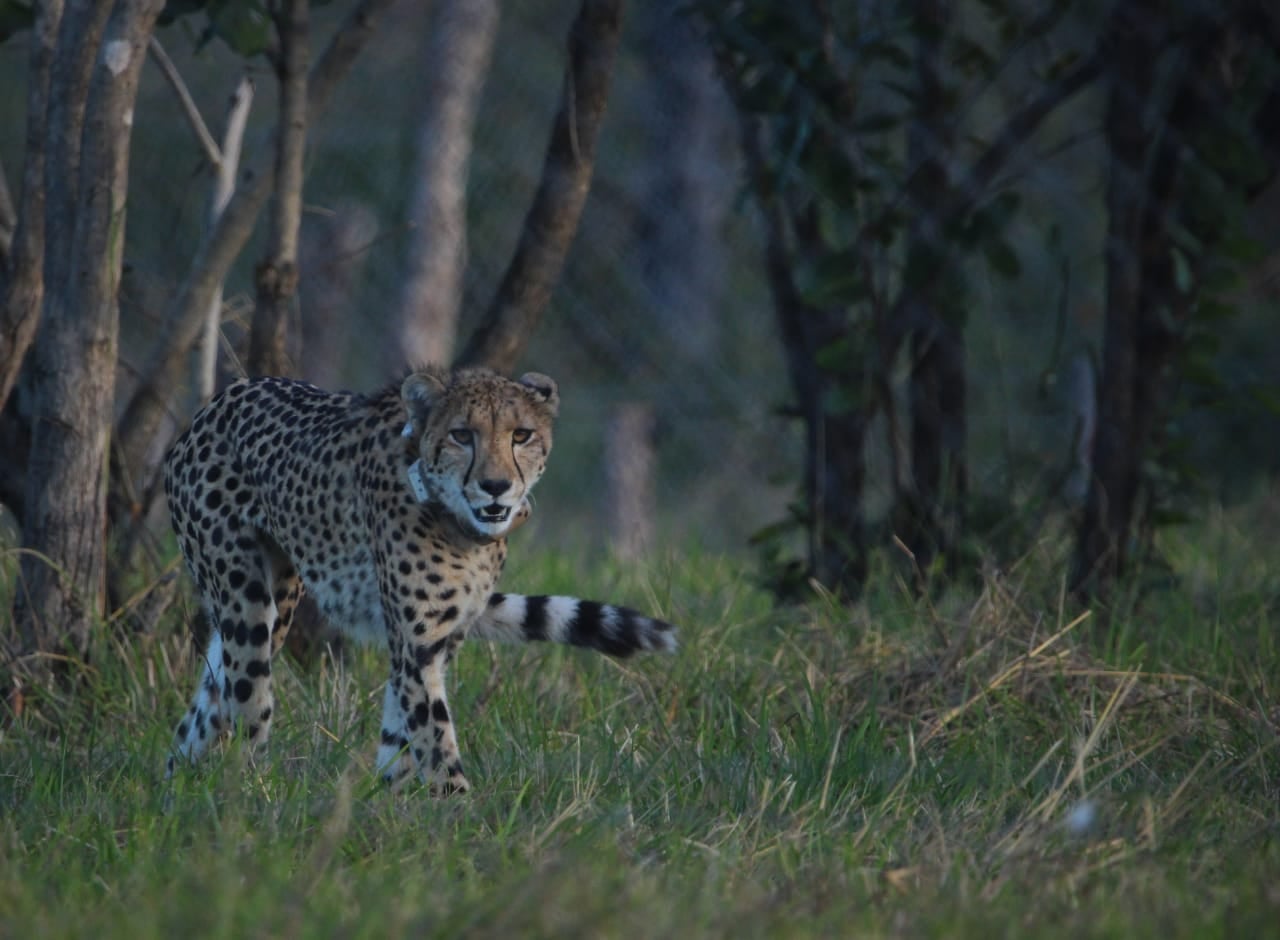

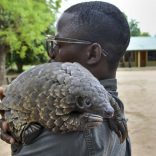








Leave a Reply
Be the First to Comment!
You must be logged in to post a comment.
You must be logged in to post a comment.